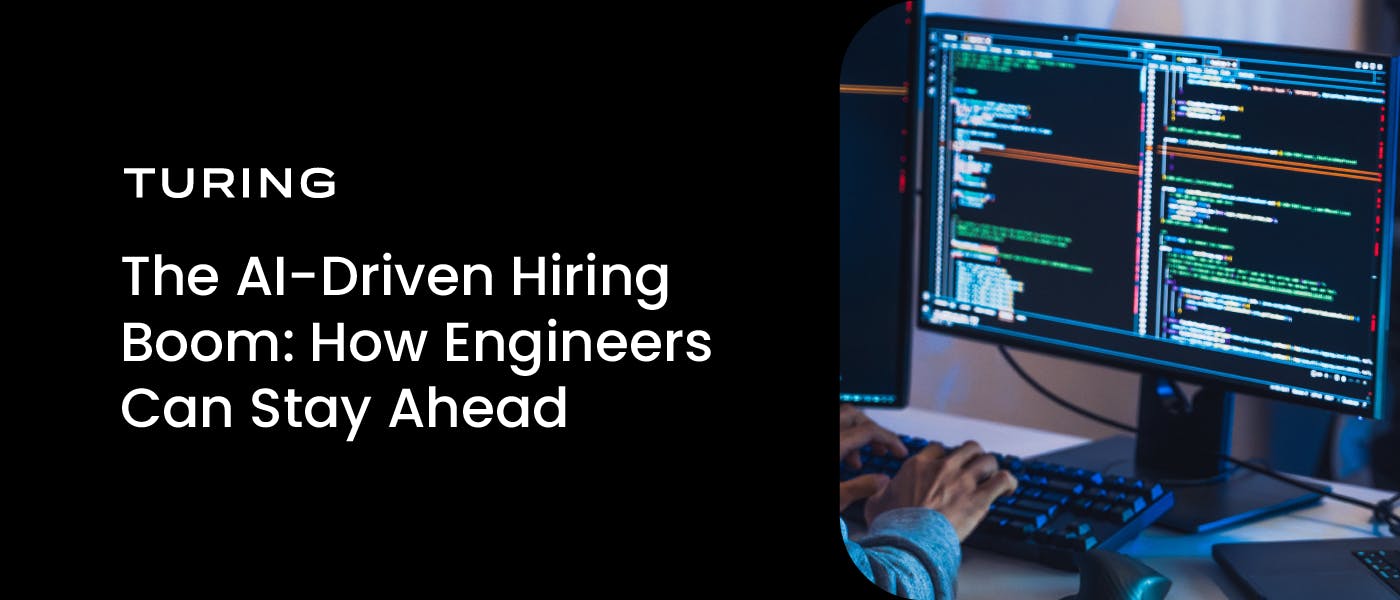
"Engineers who build for what's next will lead what's next."
"Those who understand how to build with generative AI, large language models, and machine learning tools are positioning themselves for the next generation of innovation."
"Financial firms, such as JPMorgan and Goldman Sachs, invested early in AI for fraud detection and trading models, triggering a broader realization across industries."
"Today's AI engineer blends strong technical fundamentals with system-level thinking and product intuition, focusing on in-demand core skills like Python and cloud architecture."
Wall Street has led the charge in building in-house AI, with major financial firms leveraging AI for fraud detection and trading models, prompting other sectors like healthcare and automotive to follow suit. Companies across these industries are now investing in AI to enhance diagnostics, logistics, and autonomous systems, creating a surge in demand for AI engineers. The skill set required for these engineers is evolving quickly, emphasizing not just programming but also system architecture, LLM integration, and effective communication to non-technical audiences.
Read at Hackernoon
Unable to calculate read time
Collection
[
|
...
]